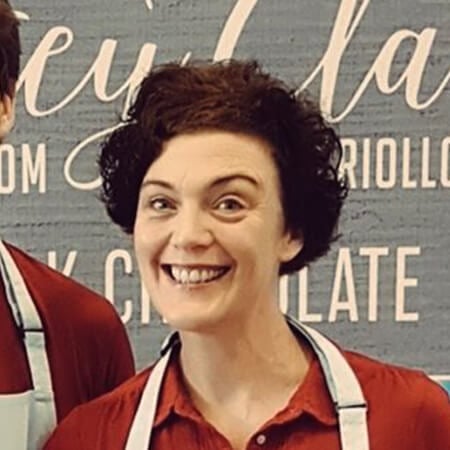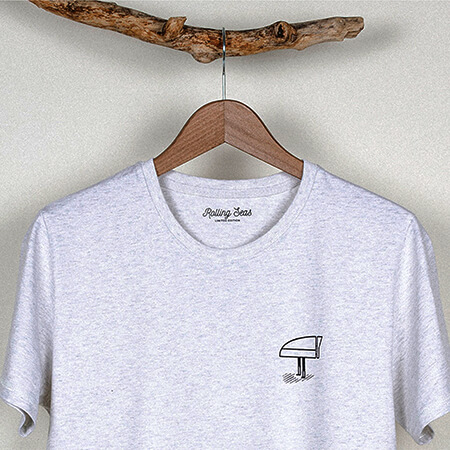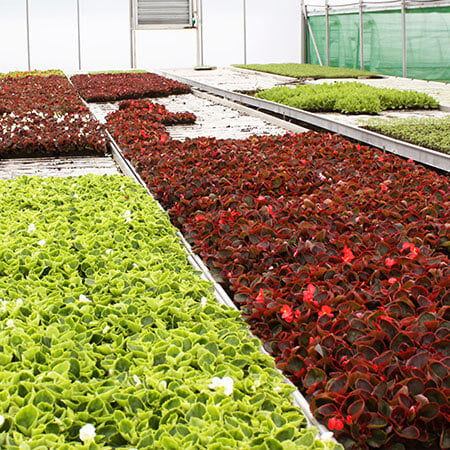With customers becoming increasingly concerned about the quality of their food and its provenance, more and more Dubs are turning to farmer’s markets.
We spoke to five market sellers at Leopardstown Farmer’s Market to get to the bottom of what these markets can offer that other shopping experiences can’t.
Margaret Hoctor
Margaret farms lamb, apples and sweetcorn at Kilmullen Farm and sells her produce seasonally.

Customers get the full kit and caboodle, the history and provenance of what they’re eating
We are seasonal producers of lamb, apple juice and sweetcorn. We sell all of the lamb from heart, liver, kidney right through to full leg, half leg, shoulder, racks and diced.
We accommodate smaller families and people living on their own with half racks and packets of chops. This time of the year, with the cold weather, diced shoulder is very popular for stews and curries.
The apple juice we have here is called the Ophelia Range, so-called because all the apples fell during storm Ophelia. We made beautiful juice out of it. Normally we pick them later, but the storm was the boss this year.
We’ve been in business for a few years now. Markets like this offer a personal experience. We offer recipes and tips on cooking. I can tell my customers about the lamb, what type of lamb it is at this time of year, the omega threes that are in it. We’re Bord Bia Quality assured, and provenance is hugely important. That separates us from the big chain experience.
Declan Cassidy
Declan owns bakery business, Gourmet Grub Bakery.
They create sweet and savoury gourmet treats for all occasions.

You have a special relationship with your customers, it’s very important
I started my bakery business seven years ago after I was made redundant. It was either sink or swim. I started from home then moved to my parent’s house where I converted the garage into a small Bord Bia approved kitchen. Now we operate from a large industrial unit in Dublin town with a small team.
People are looking for quality, fresh food and value for money. There’s also a lot of people avoiding gluten or dairy, so I’ve adjusted my recipes to cater for them. We have a lot of vegetarian options too.
At a market you get to meet the producer, you can talk about your food. My customers give me feedback and encouragement. You hit the wall so many times, but when you get a compliment, it picks you back up again. You have a special relationship with your customers; it’s very important.
Peter Goode
Peter Goode and his family have been selling fruit and vegetables at Leopardstown market for five years.
We sell seasonal fruit and vegetables, mostly from North County Dublin. We have honey and juices today as well. In the summer we sell strawberries, blueberries, raspberries and stuff like that.

We’ve been coming to this market for five years now, and we have our regulars. The market is more personal than other shopping experiences. You get to know people, have conversations with them.
Our customers want to buy Irish produce, as local as possible. The apples we have today are from Tipperary. They taste so much better than what you would get in the supermarket; they have real flavour. I didn’t even like apples before I started doing this!
Gerta Troelstra
Gerta sells local and imported fruit and vegetables.
She previously manned a stall for another farm but has recently gone out on her own.
 Today is my very first day setting up the veggie stall here. I used to sell here for another farm, but they were downsizing. So I said to myself, “I’ll try and continue on.”
Today is my very first day setting up the veggie stall here. I used to sell here for another farm, but they were downsizing. So I said to myself, “I’ll try and continue on.”
I source a lot of my veggies from local farms in Wicklow. There’s Oliver Kelley’s farm and David Butler who has organic eggs. I import other fruit and veg from various places, a lot from Holland, Italy and Spain, we can’t grow oranges here.
When you come to a market, food is fresher. The bakers bake the day before, same with the farm produce. We harvest the day before market. People are more interested in where their food comes from these days. That’s why you see signs with country of origin on my carts.
The traders know each other. I have peppers, sweet potatoes, ginger and that kind of stuff. Another stall over there has all of their own farmed produce, like apples. We try not to overlap. At the market, people can have a coffee, meet their friends, have lunch. It’s a nicer atmosphere than any supermarket.



